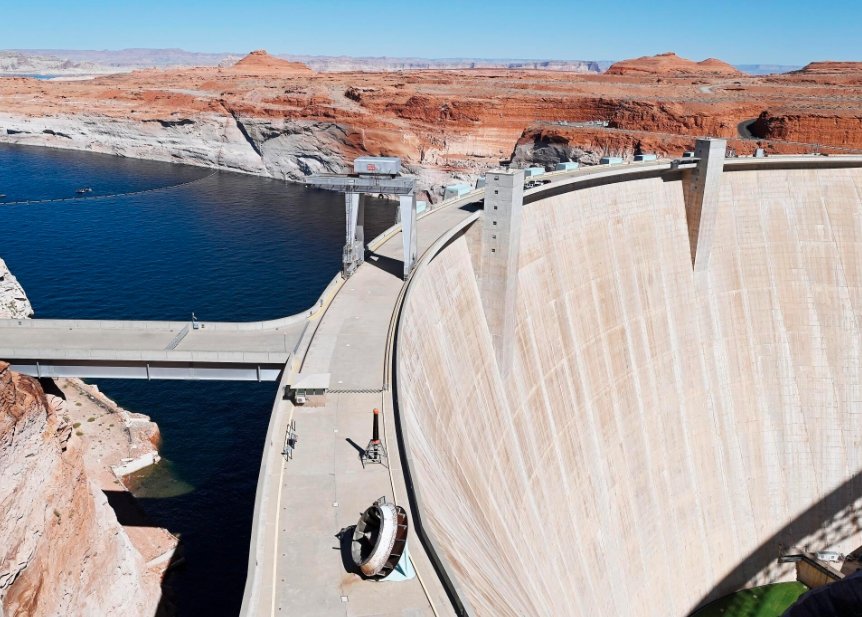The Ninth Circuit Court has upheld a federal plan for the management of the Colorado River, impacting the future of the Glen Canyon Dam and the environmental landscape of the region.
The Court’s Verdict
The recent ruling by the Ninth Circuit Court has sent ripples through the environmental community. The decision supports the federal government’s long-term management plan for the Glen Canyon Dam, which has been a point of contention for conservationists. The plan, which outlines the operation of the dam for the next two decades, has been criticized for not adequately considering the effects of climate change on the river’s ecosystem.

The court’s decision came after conservation groups, including Save the Colorado and the Center for Biological Diversity, appealed for a reconsideration of the dam’s impact studies. Their argument hinged on the need for updated climate science to be factored into the dam’s operation, particularly in light of the severe drought conditions affecting the Colorado River Basin.
The Environmental Implications
The Glen Canyon Dam, a significant structure on the Colorado River, plays a crucial role in water storage and power generation for the region. However, environmentalists argue that the dam’s operation has long-term consequences for the river’s health. The upheld federal plan prioritizes hydroelectric power generation, which some say comes at the expense of the river’s ecological balance.
The conservationists’ appeal highlighted the potential for reduced water levels to affect the dam’s ability to generate power. They proposed alternative management strategies that would better account for future climate variability. Despite these concerns, the court found that the federal plan did not violate environmental laws and provided a balanced approach to managing the dam’s water releases.
The Future of the Colorado River
The Ninth Circuit’s ruling has set a precedent for how federal agencies may address environmental concerns in managing the nation’s water resources. The decision underscores the challenges of balancing energy needs with environmental protection. As the Colorado River continues to face the pressures of climate change and overuse, the debate over its management is likely to continue.
The ruling also raises questions about the role of the judiciary in environmental policy. While the court did not find legal fault with the federal plan, the decision has left many wondering if enough is being done to protect the Colorado River from the escalating threats of climate change.

Comments